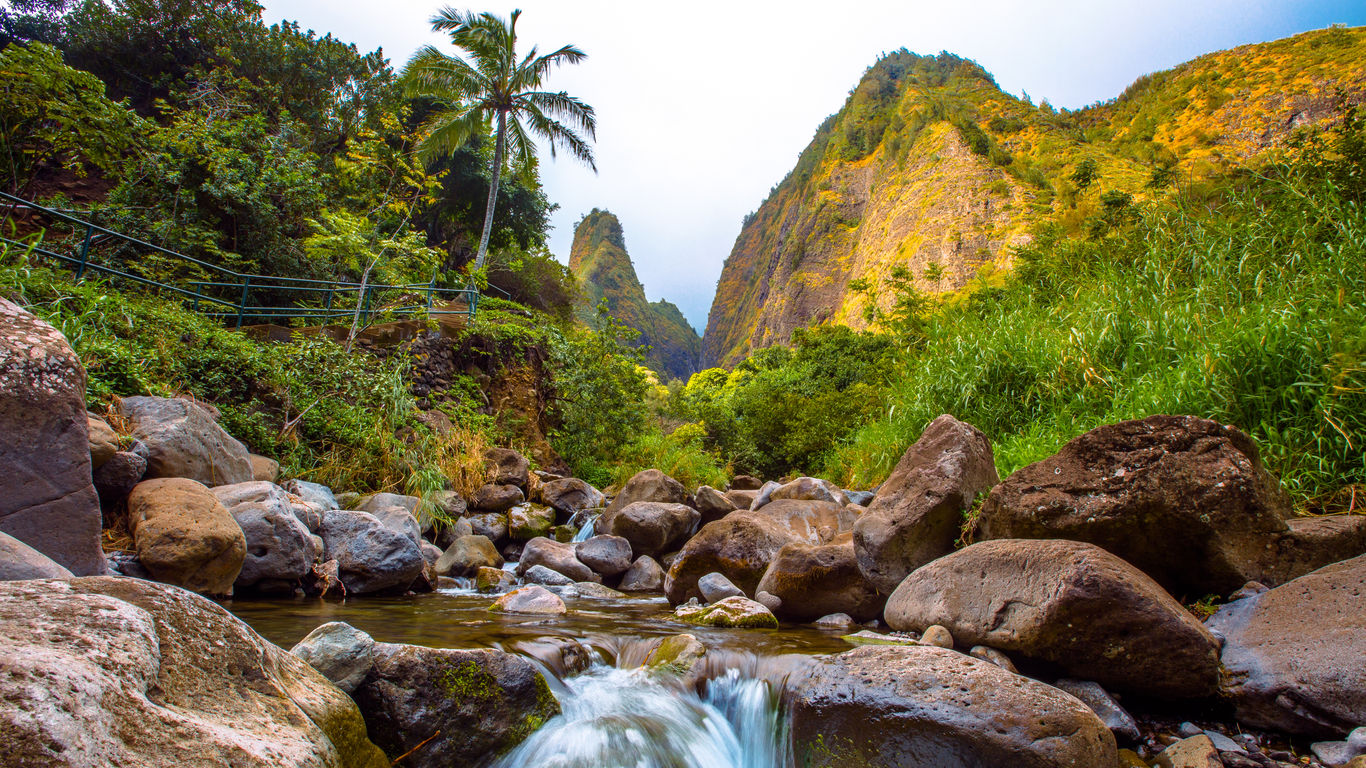There has been significant media coverage about travel locations lately, including reports that Europe’s updated entry fee structure is becoming pricier, as well as new information showing Trump’s unfavorable effect on tourism in the United States.
Continue reading to discover the most important travel updates you need to be aware of from July.
Overtourism & Tourist Taxes
A recurring issue this summer, overtourism has generated significant media attention, alongside innovative approaches by locations seeking to mitigate its adverse effects.
The ETIAS program, Europe’s new arrival system,will now be charged a higher feeMore than previously believed. Scheduled to start in late 2026 following multiple years of postponements, passengers traveling to Europe will need to pay €20. The existing charge is approximately 7 euros.
Furthermore, the heavily visited continent is alsoincreasing fines and bans To deter tourists from engaging in undesirable conduct, locations throughout Spain are raising penalties for smoking on the beach, urinating in public, walking around in swimwear, and intoxicated behavior—sometimes resulting in fines exceeding a thousand euros.
Two additional locations introduced new visitor fees this month: Greece’s sustainable cruise tax Cruisers traveling to a Greek island are required to pay a variable fee to dock at a port. The cost varies depending on the time of year and the island’s popularity. Travelers heading to Greece should expect to pay as much as twenty euros each time they stop at an island.
The southern part of Baja California in Mexico is also charging about $25 For each traveler staying overnight. The income is intended to support eco-friendly initiatives and local development efforts. Visitors must settle the charge online prior to arriving in the area.
Trump’s Travel Effects and the United States
The United States has experienced a lot of news, as the Trump administration pushed for additional changes and established new regulations for international travelers.
First off, with the enactment of Trump’s Large and Grand Legislation,the future of Brand USA remains uncertain. Brand USA serves as the country’s official destination marketing organization, and the legislation reduces its yearly budget from $100 million to $20 million. This occurs as the DMO strives to attract visitors to the U.S. for its 250th anniversary and upcoming international sporting events.
Second, the Trump administration has established a new $250 visa integrity fee that overseas travelers will need to cover extra costs in addition to any existing visa charges.
The statement provided was very unclear, leaving us without any information regarding its implementation, the reasons behind it, or the specific use of the extra funding. Brand USA receives some of its support from a part of the ESTA fees, which might offer a potential method to finance the DMO, but this approach seems improbable.
Because of the Trump administration’s stance on international relations and immigration,a new surveydiscovered that 80 percent of travelers from Southeast Asia believe the U.S. is less appealing as a travel destination nowadays. Fifty-four percent of those questioned mentioned actions taken by the Trump Administration, while 60 percent expressed concerns about discrimination.
Furthermore, another report regarding Canadian travel showed a drop of over 33 percent in return trips by car in June, indicating the sixth straight month of decreases. Return flights also decreased by 22 percent. Non-U.S. citizens arriving by air saw an 11 percent decline from March, 2024, to April, 2025.
While global travel to the United States decreases,So, what is our passport’s ranking?. Previously ranked number one globally, it has fallen to the tenth position, sharing this rank with Iceland and Lithuania. It is positioned behind 30 other nations, including several from Asia and Europe.
Ever curious about how Europeans view American tourists? A new poll is available! Upgraded Points surveyed 2,200 individuals throughout Europe.what they believed regarding American touristsand discovered the nations that are most irritated by Americans’ loud voices, poor conduct, and refusal to speak other languages.
Although 73 percent of Americans believe they are viewed negatively overseas, only 27 percent of Europeans share this view, although a higher proportion (36 percent) claim they tend to behave worse than other travelers.
France, Hungary, Norway, Denmark, and Spain indicated the greatest negative sentiment toward American visitors, whereas Belgium and Italy expressed the least.
Tourism & Destination Development
Locations and travel agencies revealed significant initiatives throughout the last month.
Greenland, gaining attention after Trump’s proposal to take over the semi-autonomous region and the development of its decade-long sustainable tourism initiative,is looking to expand its tourism sectoras a newly emerging destination focused on responsible tourism.
New air routes, an expanding cruise industry, and trending social media promotions are all innovative ways to attract visitors to the island, or to have it included on their travel wishlists.
In warmer waters, the Caribbean Tourism Organization has declareda fresh three-year strategy for tourism growthcentered around five main areas: “sustainable and regenerative tourism, tourism analytics, promotion, market effectiveness, and human resource growth.”
A portion of the plan isa fresh collaboration with Conservation International, which will encourage sustainable tourism approaches in the Caribbean and boost tourism revenue for protecting the valuable ecosystems and wildlife that attract visitors to the area.
Nearby, the American Indian Alaska Native Tourism Association (AIANTA) has become part of the world’s biggest network of destination marketing organizations and convention and visitors bureaus, Destinations International. Thetwo-year partnership will strive to promote ethical Indigenous tourism within the United States and present it internationally.
Finally, Dr. Aaron Salā, the CEO of the Hawai’i Visitors and Convention Bureau, addressed a recent conference todefine sustainable tourism for the stateand his perspective on regenerative tourism: perceiving the sector as a complex network of interconnected elements.



